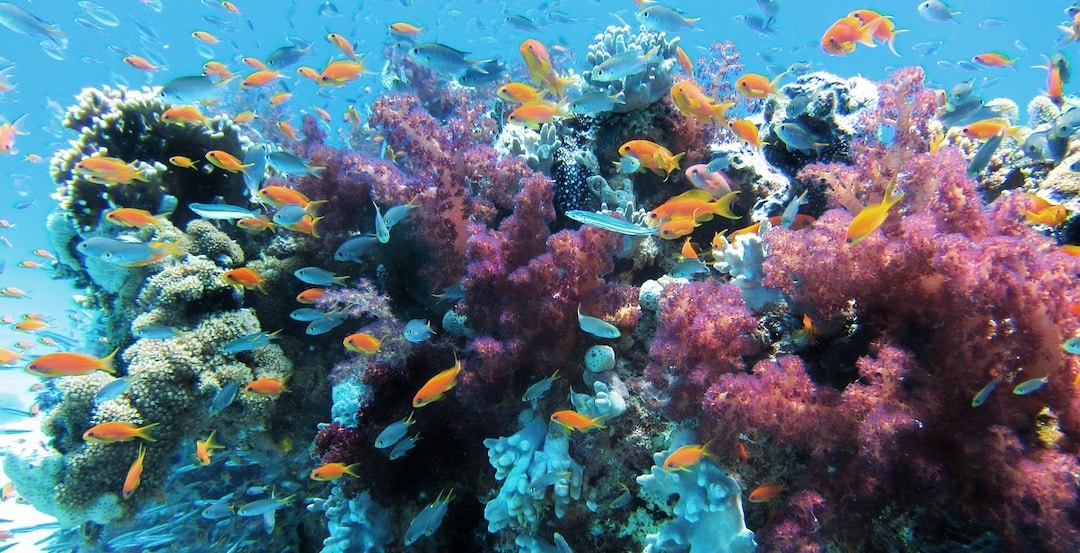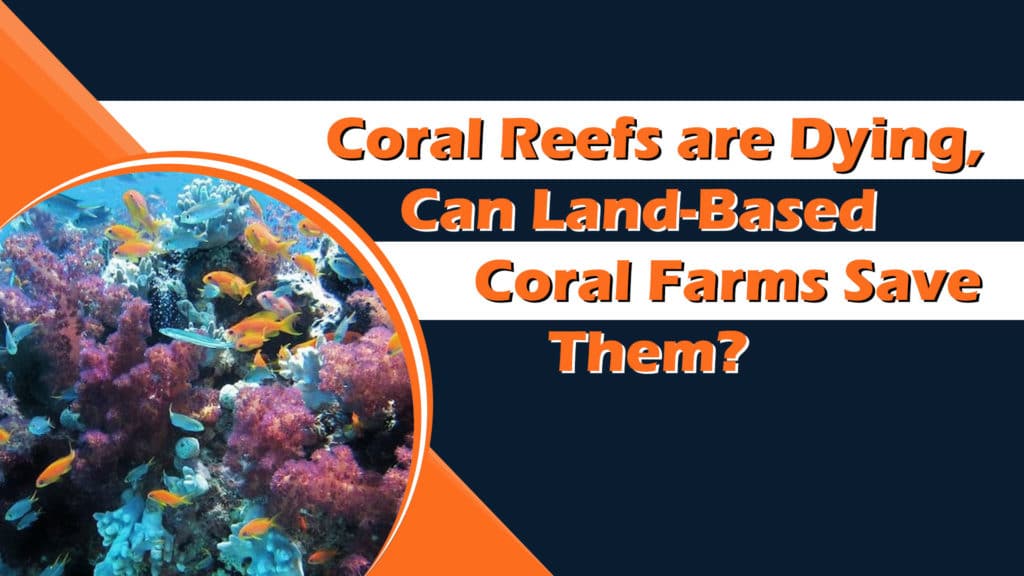10 Facts About Spinner Dolphins
Seeing whales on a whale watch tour is awesome. No doubt about that. But do you know what else is awesome? Seeing dolphins! But is it legal to swim wi...

The world's coral reefs are dying. In Hawaii, where many people rely on the ocean for their livelihoods (yes, we're raising our hands), this is a scary proposition. A study conducted by researchers at the University of Hawaii pegs the annual gross revenue associated with nearshore coral reefs in Hawaii at $800 million. Saving our coral reefs is not the just the right thing to do for the environment, but it's a necessary step to saving the state of Hawaii's economy.

Here are some quick facts that highlight the severity of coral decline:
While Hawaii is trying to fight back by creating policies to stop waste water from running into the ocean, educating the public and even banning sunscreens that are deemed harmful to reefs, there's much more work to be done.
Before we get to a solution, let's look at the root cause of what is killing the coral. Many scientists believe climate change is the biggest issue facing coral reefs. Warmer water temperatures and rising acidic levels caused by higher levels of carbon dioxide in the atmosphere are creating mass coral bleaching events. While pearly white corals may be pretty to look at, you have to understand that these corals are dead. Sadly, mass coral bleaching events are five times more likely to occur today than just 40 years ago.
One company profiled by CNN, Coral Vita, is running a pilot program introducing a new approach to restoring coral reefs. Founded by Sam Teicher and Gator Halpern, last month Coral Vita opened a first-of-its-kind commercial coral farm in the Bahamas. The farm operates using a rather simple process whereby coral is removed from the ocean and broken into tiny pieces. When broken down, the coral actually clones itself and grows back at 50 times the normal rate of traditional, land-based coral nurseries. Once the corals reach maturity, they are planted back into the ocean.
The trick Coral Vita is attempting to pull off is to grow the corals in warmer and more acidic water conditions, thus making them more resistant to the changes our oceans are experiencing prior to being replanted into the ocean.
For this initial Bahamas project, Coral Vita aims to grow 10,000 coral fragments from 10 local species. If the project is successful, the company hopes to expand and build coral farms around the world growing millions of different corals.
What Coral Vita is working on could be game changing. Restoring depleted coral reefs would be huge. But restoration is just that, restoration. The best solution is to not kill the coral in the first place. Only by stopping over-fishing practices, pollution run-off and reducing carbon emissions can we hope to truly save coral reefs.
As Teicher told CNN, "We can replant the forest, but the best thing to do is not cut it down in the first place."
On the Hawaii Ocean Project Lanai Snorkel and Dolphin Tour, you will experience the magic Maui's coral reefs up close. On the tours, we provide reef-safe sunblocks and teach basic ocean conservation tips.
By the way, did you know that you can now save $10/person on our Maui Princess Dinner Cruise or a Snorkel Adventure to the island of Lanai? Well you can! Just use the promo code VIP20 after clicking on this link: Hawaii Ocean Project Adventures.
Seeing whales on a whale watch tour is awesome. No doubt about that. But do you know what else is awesome? Seeing dolphins! But is it legal to swim wi...
Last week, it was announced that the Department of Natural Land and Resources are going to put trash-collecting Seabins into the notoriously pollute...
The world's coral reefs are dying. In Hawaii, where many people rely on the ocean for their livelihoods (yes, we're raising our hands), this is a sc...
